Sri Lankan fishermen's movement celebrates 20 years of activities (Photos)
The anniversary was celebrated to coincide with World Fisheries Day. The first step towards the National Fisheries Solidarity Movement took place in 1993. Formally, the association was established in 1997, with people from all religious backgrounds. It advocates human rights, sustainable development, and the protection of the environment, land and resources.
Colombo (AsiaNews) - The National Fisheries Solidarity Movement (NAFSO), a multi-faith organisation, celebrated 20 years of service to the public on 24-26 November in the Negombo Town Hall, north of the capital, Colombo.
In accordance with the inter-faith style that distinguishes it, the group marked the anniversary with Buddhist, Christian, Muslim and Hindu prayers, invoking God's blessing for future projects and support for the work of its members.
On the first day, Bana pirith Buddhist prayers were performed. The next day, a Catholic Mass was held, followed by an Islamic prayer and the Hindu "pooja" (homage to the gods). The last day saw exhibitions, songs and dances.
"The fishermen are part of the Catholic Church and God’s blessing is always with them, their families and their workers,” said Fr Raveen Sandasiri in his homily.
Moulavi Hakeem led the Islamic prayer and stressed that NAFSO "always led the way in the struggle, siding with fishermen who had no voice to protect their rights."
"The fishermen are the pillar of the Catholic Church,” NAFSO member of Anthony Jesudasan told AsiaNews. “For this reason, before any action, we need God’s blessing. With this Mass, we give thanks to God for all he has done through NAFSO. We ask many more blessings in favour of the needy."
"We all work together as brothers and sisters,” said K. Issadeen, a Muslim and Ampara District NAFSO Coordinator. “We do not discriminate. Everyone has their own identity. God always comes first, and only this way do we succeed in what we do. "
The first fishermen solidarity committee was established in 1993 as a branch of the Social and Economic Development Centre (SEDEC). In 1997, it became an independent body and took on its current name.
Since then it has undertaken projects to protect the environment, the land and their resources. It upholds respect for human rights for all citizens, with particular interest for women and children.
What started out with small projects centred on fishing communities turned into a major actor for the promotion of a just and prosperous society where resources are equitably shared and human rights guaranteed for everyone, regardless of creed, race, gender and caste.
24/01/2007
12/02/2024 13:34
22/01/2024 18:20





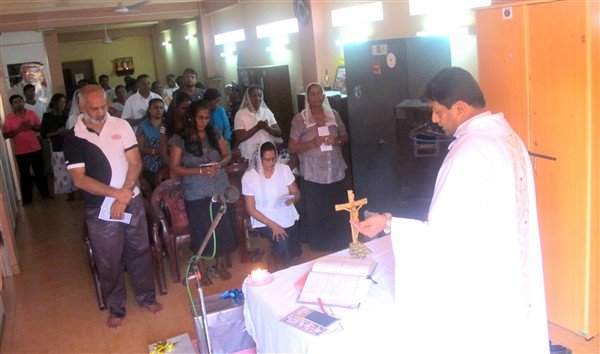
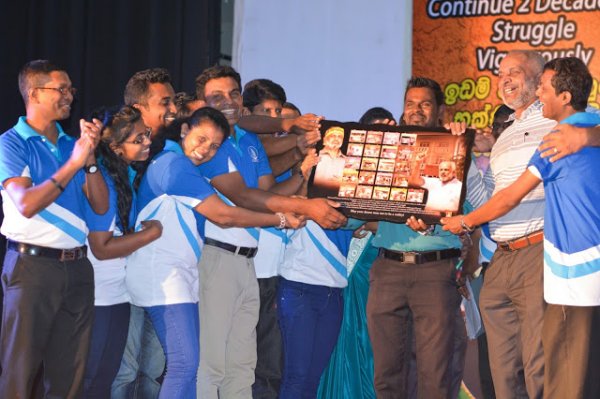
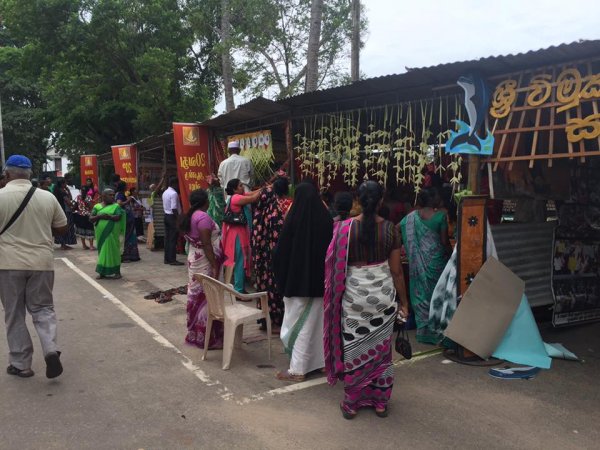
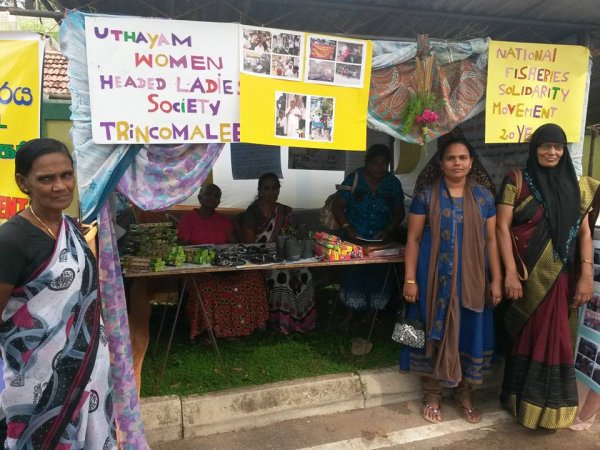
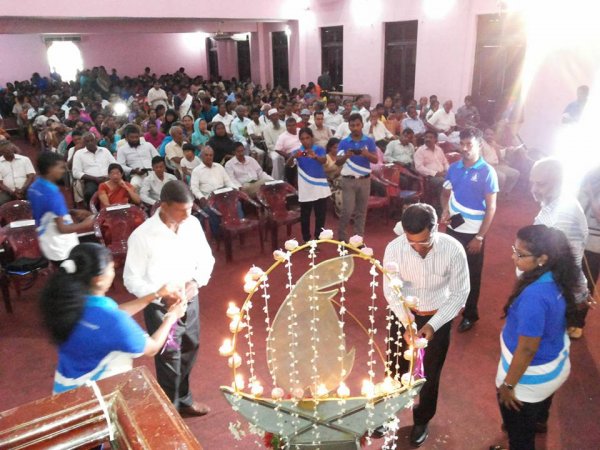
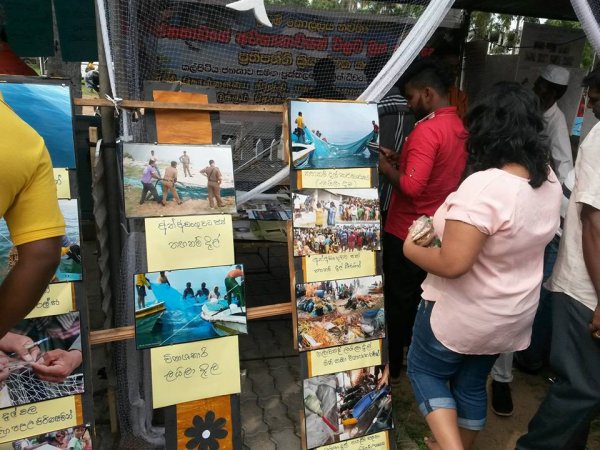
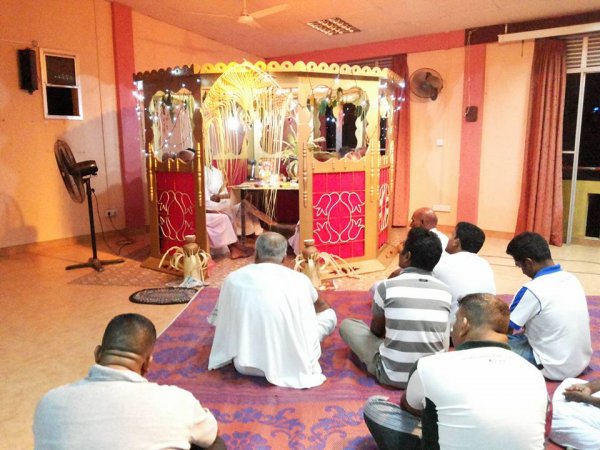
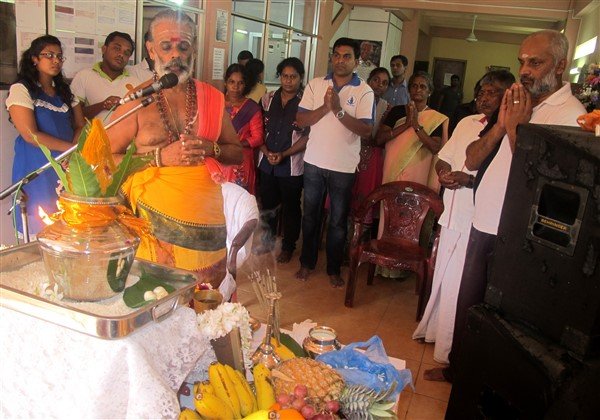
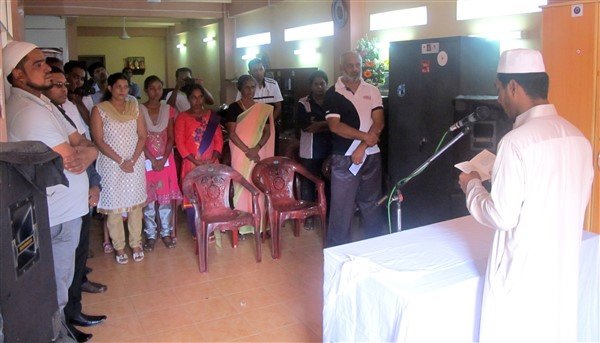

.png)










